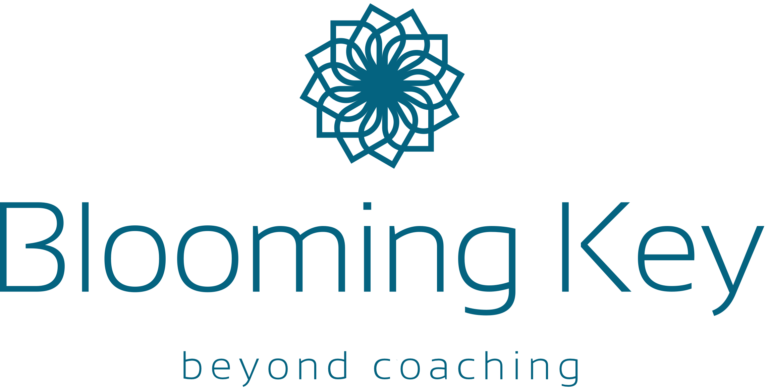
Why Non-Verbal Communication Matters So Much In Your Personal Relationships
Have you ever wondered why a person misunderstood what you were saying, or why someone did not quite react the way you expected? Sometimes we can misread certain cues while communicating with people. This has a lot to do with the way we communicate and more specifically, how we follow the communication process. We all know that communication is about giving and taking, so it is important to take a look at what messages you send when you interact with others. We all know that relationships are built on trust and honesty, to create a healthy environment. However, non-verbal cues seem to be an oft-ignored part of maintaining these relationships. You need to build strong non-verbal communication skills, to boost your personal and professional life. The first step towards understanding communication is to grasp the concept of two types of communication, namely, verbal and non-verbal. These simply mean that we communicate through spoken sounds, as well as in a visual and non-audible way too. Taking a look at these types of non-verbal communication will help you to improve your style and make changes. So here’s what we mean by “non-verbal communication”. Non-verbal communication most often includes the use of body language, eye contact, facial expressions, gestures and voice tone. On the other hand, verbal communication refers to text, signs or speech when expressing yourself. However, non-verbal communication tells a lot about your style of interacting with others. Once you have learned how to use these non-verbal cues, you will be


